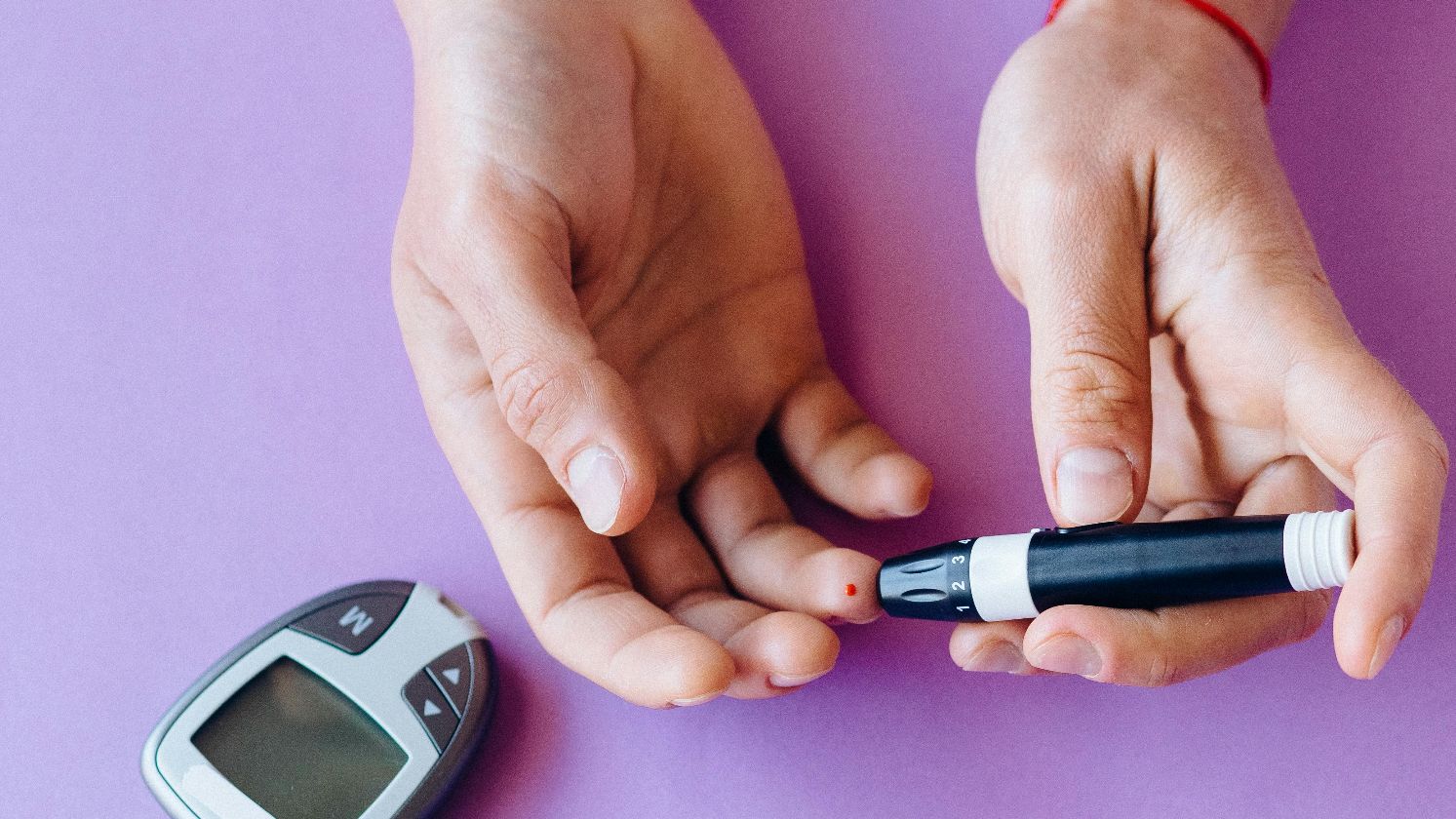Unexpected Consequences
Losing weight is generally a positive thing. Few people would argue with the idea that a lower number on the scale often leads to greater health and well-being, more energy, or increased confidence. However, weight loss can also come with a number of side effects that may come as a surprise. With that in mind, here are 20 surprising side effects of weight loss.
1. Loose Skin
Occasionally, when people lose a large amount of weight, the skin can be left loose or hanging and not retract completely. The extra skin can be found on the belly, thighs, arms, and more. Surgery may be an option to remove some of the extra tissue.
2. Better Sleep
Losing weight can make it easier to sleep better and rest at night. If you have excessive weight, you are more likely to have problems like sleep apnea. Dropping weight might allow you to get through the night without waking up so often, making you feel more alert and rested.
3. Slower Metabolism
When you lose weight, your metabolism can slow down since you are consuming fewer calories. This may make it more difficult to lose more weight or maintain your weight loss. You can help maintain a healthy metabolism by regularly exercising, including strength training.
4. Better Mood
Losing weight has been shown to lead to an improvement in mood and can be important for overall mental health. After losing weight, subjects were shown to report lower levels of psychological distress, including less tension, depression, anger, and fatigue. It's important to remember that keeping a healthy weight is not just good for your body; it can also decrease the risk of depression, anxiety, and other mental health disorders.
 Jacqueline Munguía on Unsplash
Jacqueline Munguía on Unsplash
5. Body Clock
Adjusting your meal times for weight loss may alter your body's internal clock. This could impact the timing of when you become sleepy or naturally wake up. Some research shows that timing your meals, such as a bigger breakfast and smaller dinner, may improve weight loss outcomes.
6. Different Taste
Weight loss may alter how someone perceives flavor. It is observed that subjects who lost a substantial amount of weight may become less sensitive to, and have a reduced preference for, sweet and fatty foods. This may be because taste buds changed during the weight loss period.
7. Body Temperature
If you have lost a lot of weight, your body temperature may decrease. Individuals with higher body mass indexes have higher body temperatures, so when you lose weight, you may feel colder than usual. This is a normal response to your body adjusting to its new lower weight.
8. Better Memory
Losing weight is good for your brain as well as your body. Research has found that losing extra pounds may also help your memory and mental function. In one small study, overweight women had better scores on memory tests and greater activity in important brain regions after weight loss.
9. Less Padding
People may feel some pain or discomfort in their tailbone area following substantial weight loss. This may be due to a loss of fat padding in the buttocks area, leaving the tailbone with less cushioning when seated. The pain should subside with time, but additional cushioning or posture changes may help reduce discomfort.
10. Decreased Health Risks
Weight loss can lower your risk for many different health conditions. Losing weight can help lower your blood pressure and cholesterol. It also can reduce your risk for diabetes, heart disease, stroke, and osteoarthritis.
11. Family Planning
Weight loss can make you more fertile and increase your chance of pregnancy. Being overweight and having polycystic ovary syndrome can disrupt hormone levels and ovulation. With that in mind, you may be more likely to get pregnant when you lose weight.
 Ioann-Mark Kuznietsov on Unsplash
Ioann-Mark Kuznietsov on Unsplash
12. The Pressure
Many people who have lost weight experience continued mental strain after weight loss. The strain of maintaining a healthy weight can cause stress because the person must pay attention to their choices in when and what to eat, as they no longer can overeat like they used to. This stress can feel mentally taxing.
13. Hair Loss
Extreme weight loss can sometimes cause hair to thin or fall out. This is typically due to insufficient nutrients, protein, or calories in the diet to support healthy hair. It's often temporary but can be upsetting until the body gets used to the new weight and diet.
14. Expenses
Dropping a lot of weight can quickly render your wardrobe useless. Clothes that fit can end up hanging off you, requiring frequent replacement. This can become an annoying and costly side effect of losing weight.
15. Mood Swings
Losing weight can cause surprising emotional highs and lows. New eating patterns, routines, and a changing body can lead to mood swings. These changes are generally temporary, but they can impact motivation, stress, and overall mental well-being.
16. Better Skin
Weight loss can affect the way your skin looks. When there is less puffiness and improved circulation, skin tends to look clearer and healthier. Your complexion may also appear firmer and brighter as you lose weight.
17. Body Odor
Losing weight can change your body odor. Metabolic changes and different foods may make your natural smell different. Some notice their scent is altered, particularly after sweating or when working out.
18. Hormonal Changes
Weight loss can lead to changes in various hormones in the body. It can impact thyroid function, which may result in fluctuations in metabolism and energy. Additionally, weight loss can also affect menstrual cycles in women, potentially making them more regular or, in some cases, leading to temporary irregularities.
19. Digestive Changes
You may notice changes in your digestion when losing weight due to a change in your diet. Bloating, gas, or a change in your bowel habits may occur. These are often due to the body adjusting to a different balance of foods and dietary fiber.
20. Stamina and Energy
Weight loss can help increase your stamina and energy. When you weigh less, you feel lighter and less fatigued doing everyday tasks. This can give you more endurance throughout the day, making exercise, work, and daily activities more enjoyable and less tiring.
KEEP ON READING


























